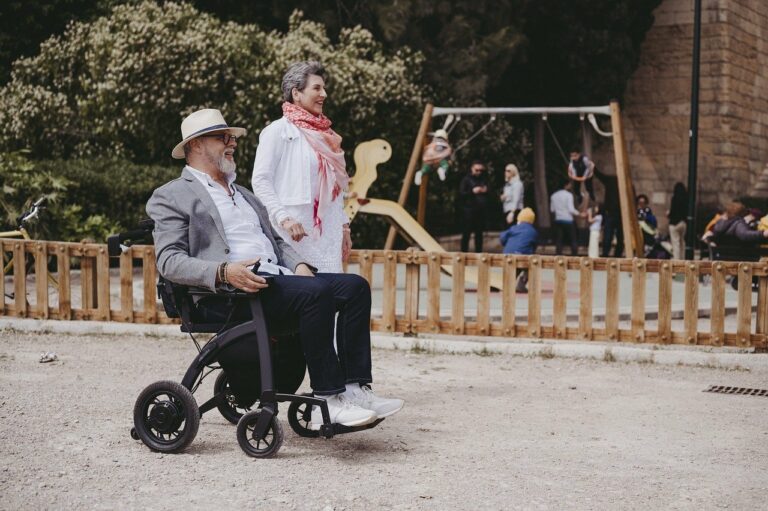Fashion Education: Nurturing the Next Generation of Designers
Fashion education plays a pivotal role in nurturing the next generation of designers and industry leaders. By providing students with a solid foundation in design principles, garment construction, and textile knowledge, fashion programs equip individuals with the essential skills needed to excel in this competitive field.
Moreover, fashion education goes beyond technical skills by fostering critical thinking, problem-solving abilities, and an understanding of industry trends. Through internships, workshops, and collaborations with industry professionals, students have the opportunity to gain real-world experience and build a strong network within the fashion community. This comprehensive approach not only prepares students for successful careers but also empowers them to make meaningful contributions to the ever-evolving world of fashion.
Developing Creativity and Innovation in Designers
To foster creativity and innovation in designers, it is essential to encourage experimentation and exploration in their design process. By pushing boundaries and stepping out of their comfort zones, designers can unlock new ideas and possibilities that can lead to groundbreaking concepts. Embracing a mentality of continuous learning and growth is key to nurturing a culture of innovation in the fashion industry.
Moreover, providing designers with a supportive and collaborative environment can further stimulate their creativity. Engaging in open dialogue, sharing feedback, and collaborating with peers can spark new perspectives and fresh insights. By creating a community that values creative expression and embraces diversity, designers can draw inspiration from different sources and push the boundaries of traditional fashion design.
Building Technical Skills in Future Fashion Professionals
To excel in the world of fashion, future professionals must possess a strong foundation in technical skills. Understanding the intricacies of garment construction, fabric manipulation, and pattern making is essential for bringing design concepts to life. By honing their technical abilities, aspiring fashion professionals can ensure that their creations are not only aesthetically pleasing but also well-constructed.
Technical skills also play a crucial role in problem-solving within the fashion industry. From troubleshooting manufacturing issues to implementing innovative design solutions, a solid grasp of technical know-how empowers fashion professionals to navigate challenges with confidence and expertise. By investing time and effort into building their technical skills, future fashion professionals can set themselves apart in a competitive industry and pave the way for successful and sustainable careers.





